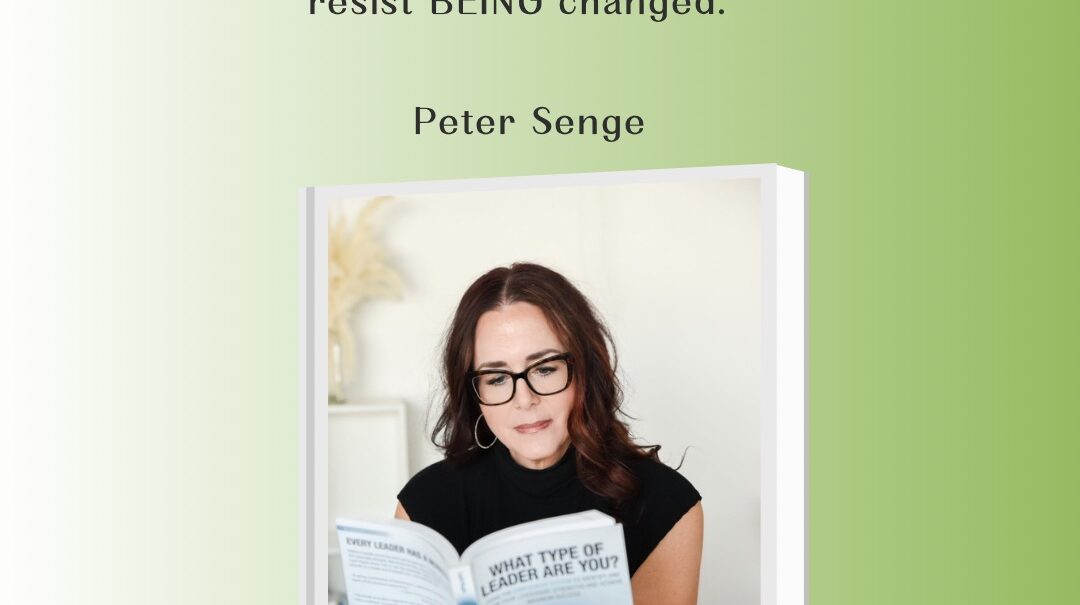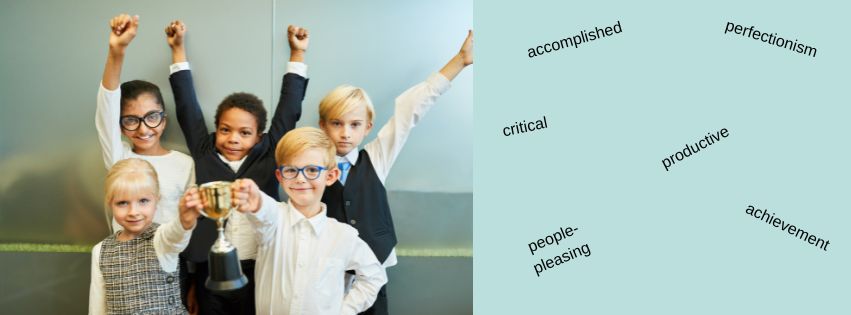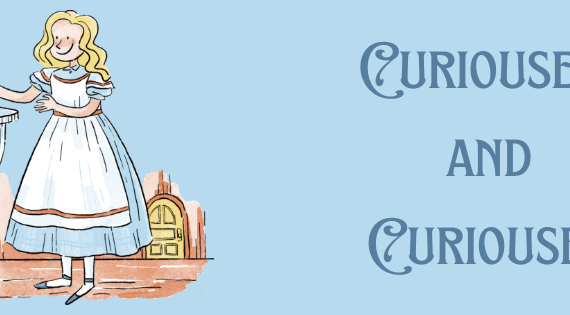BE the Change you Wish to See

I spotted the above quote earlier this week and began thinking about what change means on that deepest level. Change is difficult and requires an accountability that makes us uncomfortable.
As I began to research CHANGE, I searched for the famous Gandhi quote, “Be the change you wish to see in the world,” only to learn that he actually never said these wise words! Unfortunately, I cannot seem to find where to attribute it, but did find an article about where the misinformation came from, which is equally powerful.

The idea of stepping INTO change is the part that causes us the most discomfort. We know we want to SEE CHANGE, but deep inside, we would much rather throw the work out to someone else.
The incorrect Gandhi quote, as noted by Joseph Ranseth in the article, is the core of what this internal change means:
- It stops us from judging others;
- It replaces complaining about others with reflection on self;
- It stirs us into taking action within the only thing in the world over which we have any control: ourselves.
Important, but not all of it. The ACTUAL quote points out that when we do the deepest inner work, the world reflects that change as well. When we are clear on where our value lies, the world responds in kind.
BE versus DO
With that under our belts, I head back to the inspiration for my brain this week:
“People don’t resist change, they resist BEING changed”
We want results, but are unwilling to get deep and real and understand our part in the current circumstance. Why does this happen so much? My opinion is that we, as humans and a society are valued for what we DO not who we ARE. We carry that our entire lives, whether we realize it or not. Think of these examples:
I get good grades (valued), I get bad grades (not valued). Each of those could be good students and hard workers, they could be DOING all the right things. Yet the one with bad grades likely doesn’t feel that they ARE bright and capable.
I exercise/eat well and the result of what I DO is thin (valued), I exercise/eat well and the result of what I do is not thin (not valued). The lack of success with the same amount of DOING creates a negative BEING which is reflected back out into the world. What is perhaps not known in one possible version of this is that the second person had their thyroid removed or they take medication that fights their biology. They are unlikely to stick with the changes the gym trainer or nutritionist suggests because they don’t succeed when they DO.
Think about your own childhood and also how you have raised your kids? What is praised? What is supported? What is VALUED?
What about out in the bigger world? When you are in a restaurant and there is a small child who sits nicely during a meal and doesn’t disrupt your experience, have you ever said to the parents, “your child is so well behaved!” only to have them beam back a thank you?
Conversely, if the child is DO-ing something that makes the experience worse, but is simply the behavior typical of a child, does it stir a negative value towards that child? If, as a parent, you ever had the “embarrassment” of an energetic child, did you apologize? What message may your child receive (or did you if you were the child) in that moment?

In my effort to be vulnerable and authentic, I’ll share that this is something I am struggling with a LOT lately, and much of my life. Did I always realize it? Heck no. This learning has been in the past decade or so.
Becoming a coach has also exposed a lot of my own BS in saying I can DO all the things. I know that I have placed extraordinary value on service and DOING. Our society, as well, is largely transactional so that receives the most importance. I am (we are?) guilty of valuing what I do for others and what is done for more over the true connection, support, love that we all need. Clarity on those core values is the foundation for real and lifelong change and happiness, and I’m a work in progress.
More on this next week…









No Comments